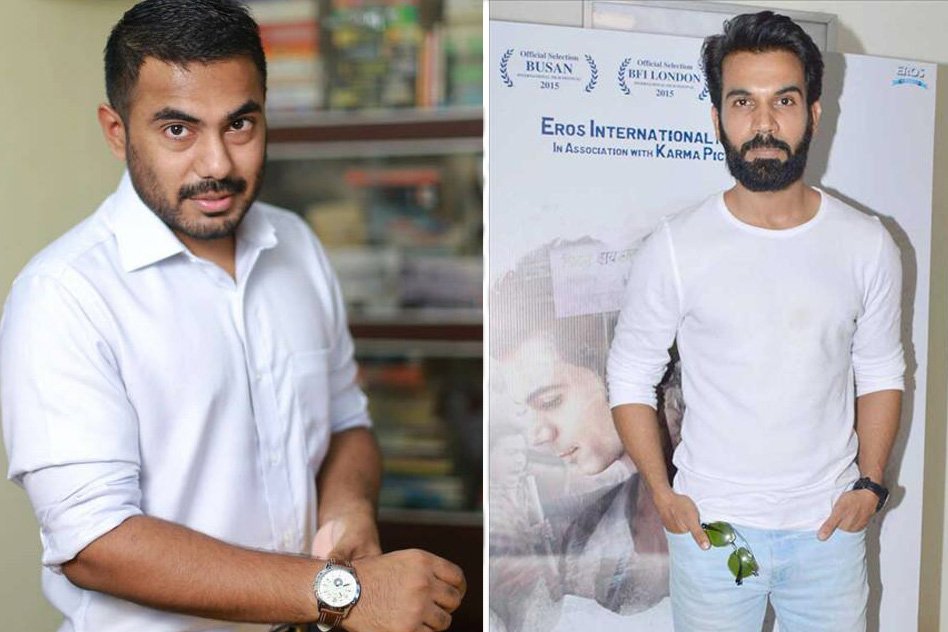
Deepu Sebastian - The Journalist Who Never Met Professor Siras Of Aligarh
17 April 2016 12:47 PM GMT
Deepu Sebastian is a journalist who was in touch with Mr. Siras whose role was portrayed in the movie Aligarh. It was only after he set out to meet him at the University that Deepu Sebastian realized Mr. Siras was no more. Deepu’s character is also portrayed as part of the movie. Deepu Sebastian talks with The Logical Indian and shares his thoughts and opinions about himself and the incident.
Tell us about your journalism career, where did it start?
My schooling was from Kerala and I did my graduation from Chennai Loyola College. I worked mostly with The Indian Express and lived in Delhi and Jharkhand.
Now that a film has come out featuring your character, it has changed the way people interact with you?
Yes! It decently has. Some of my college friends who were not even in contact with me for years messaged me. I simply did what a decent journalist would do, rest nothing was in my control.
Has the film accurately depicted your role? Are you happy with it?
They have taken the artistic liberty, but I would say to make the story work they had to do it. The basic story is same but it is not the way it happened like I never met the professor, I just had phone calls with him.
How hard was it to come to terms with his (Mr. Ramachandra Siras) death?
I see it as a teacher-student relationship with a big gap in age. And the topic was very weird to talk about and I did not even have any vocabulary to talk about the LGBT community, same was with him. I was learning on the go. I went and saw him only when he was dead. It was different, but I accepted it.
What do you feel about homosexuality in India; is there an acceptance, tolerance to it? Or do you think we have a long way to go?
The middle-class urban youth takes it easy, they don’t oppose it or embrace it. There is no education about LGBT in schools also. Because of social media, it has become a cool thing as many musicians, actors, artists, activities, successful people have come out openly through the social media. Homophobia is still there but it doesn’t seem to affect the urban middle class. They don’t care much about sexual orientation. They truly understand it when they face it personally, like if they know about their own sexual preference or any friend or family comes out open about such sexual orientation. India has become a more open society and we are progressing in terms of acceptance, rural areas and small places it still is a big issue, though.
Homosexuality is an offense in India, when do you see India overturning that?
I think the Supreme Court should come out clear and give a positive response. But I strongly believe this is not a matter to be decided by a court. As in the last verdict Supreme Court said it is not courts’ call; it is a matter for the Legislature to decide, it is a law and lawmakers have to take a call on it. In India personal issues like LGBT, abortions etc. are not electoral issues, unlike west. And I don’t see it happening soon also. But to get things done it need not to be an electoral issue.
You played a pivotal role in shaping the right opinion among the public in Mr. Ramachandra Siras case, what is your advice to budding journalists?
It is all about the platform, and I got one of the best platforms in a country like The Indian Express. Moreover, you are a tool in the hands of editors and if you have got a good team you can make it work, and I got amazing editors who could guide me. It is a public service, and if you do your job well you can make a difference.Back in 2014, there was a war in between PR and journalism and I felt PR won. But I was wrong; Journalism survived. And there are many journalists who fight for Journalism ethics and you can see a lot of good Journalism happening the country today.
 All section
All section













